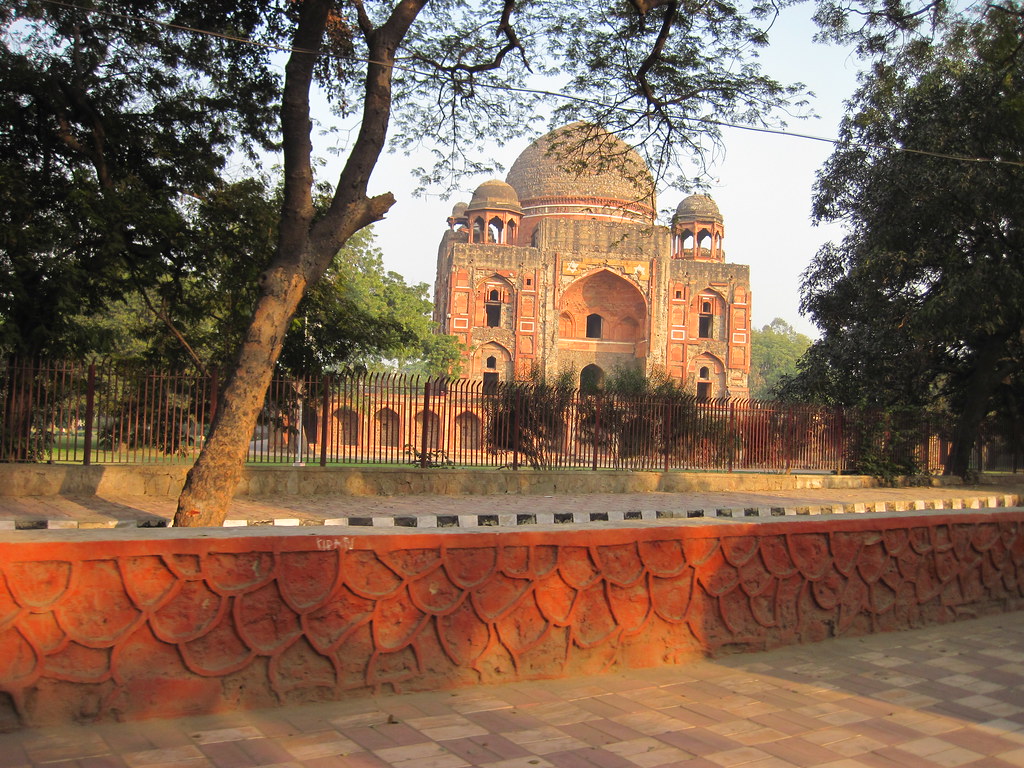While I cannot pinpoint the exact moment when the phrase “third world” was deemed offensive by the western media, it is evident that many people continue to subconsciously use this label, particularly when referring to South and Southeast Asian countries.
I spent my freshman year in New York City, which left a mark on me. I met people from corners of the world that I never knew existed, and it was always a delight to come across people from such diverse backgrounds, each with fascinating life stories. As an international student from India, I have always taken great pride in the rich cultural heritage of my homeland. I often described it as such when asked about my experiences living there. However, one day, as I proudly shared my Indian roots with a man who asked me where I was from, he responded, “Wouldn’t that be difficult, given its reputation for poverty?” His remark left me choked.
From time to time, I find myself musing on his comment, and I’ve come to the realization that it’s not entirely his fault for holding such perceptions. The western media has long portrayed India as a poverty-stricken country. From Julia Roberts battling mosquitoes in “Eat, Pray, Love” to terms like “pollution” and “illiteracy” in articles by The New York Times, my beautiful homeland has been reduced to a struggling nation by the west.
While I acknowledge that certain regions of India still grapple with underdevelopment, what bothers me is the glaring hypocrisy within western media. They often point to India and exclaim, “Look at their slums,” while conveniently overlooking the vast number of homeless people on the streets of Los Angeles and NYC. On the other hand, the residents of India’s densely populated slums at least have access to shelter and sustenance for their families.
This double standard isn’t limited to India alone; it also extends to several other Asian countries, including the Philippines, Indonesia and Taiwan. And while this insincerity may not significantly impact the west, for those of us from South and Southeast Asia, it often leaves us feeling like misfits in the great land of America. While a European accent is often considered “exotic,” our accents are frequently met with laughter and mockery. This bias primarily surfaces in everyday conversations, and its repercussions extend deep into our psyche, causing us to hold back from active participation, be it in the classroom or even when making weekend plans.
Not that it is of much comfort, but I am not alone. Although we share a common sense of being “misfits” in this regard, our experiences in encountering and learning about these stereotypes can be quite diverse. I had the chance to interview students in the Student Union and the Integrative Learning Center. I asked if they ever felt that their homeland was misrepresented in the western media.
Mark Mendoza, a sophomore studying microbiology, is a Filipino-American. He shared how people often assume that if his family is from the “poverty-struck” Philippines, he should be grateful to grow up in the United States.
“Now, don’t get me wrong, I am deeply grateful for the life I have here, but there’s a certain beauty to my parents’ homeland that often goes unnoticed,” Mendoza said. “Not all parts of the Philippines are impoverished, and even in less economically developed regions, one must consider the cultural traditions and diverse ways of life. That beauty should not be overlooked by the western media.”
Vanshika Modi, a first-year student from India double-majoring in finance and economics, shared her sentiments about how she often views the media’s reluctance to showcase India’s positive accomplishments.
“When India’s Chandrayaan-3 successfully landed on the moon in August of this year, instead of celebrating our country’s achievement, the western media was embroiled in a debate over whether India should invest in such space missions,” Modi said. “I find this perspective deeply disrespectful and belittling to a nation whose scientists achieved something no one else in the world could. It’s also ironic, considering the fact that these western economies are receding every day while India remains the fastest developing country in the world.”
I’m unsure if there will ever be a day when the western media will depict South and Southeast Asia in a manner that transcends the clichés of dirty water and narrow roads. I hope there comes a time when we can take pride in our nationalities and ethnicities, and we never have to feel inferior to the west. A time when we can cherish the vibrant flavors and spices of our homeland’s cuisine and embrace the rich tapestry of traditions we’ve been taught. I believe that a future where we can be ourselves without conforming to a “western” way of life is a vision worth striving for.
Aadvika Gupta can be reached at [email protected].


















